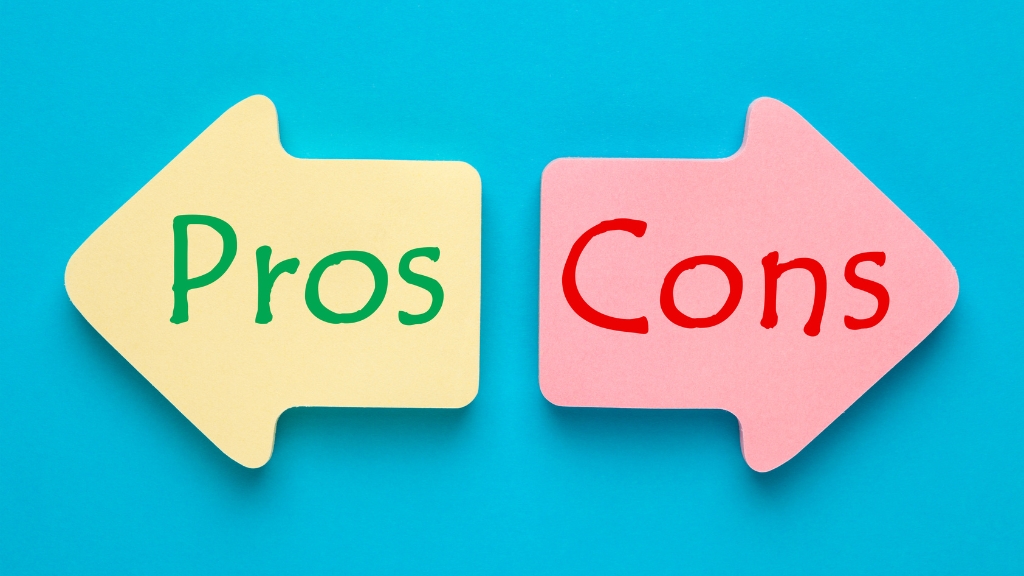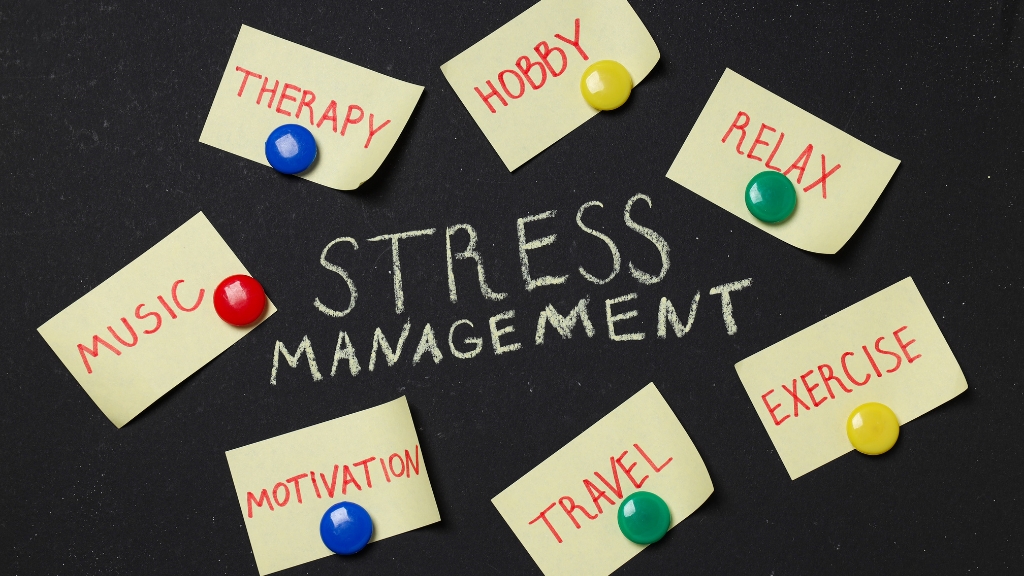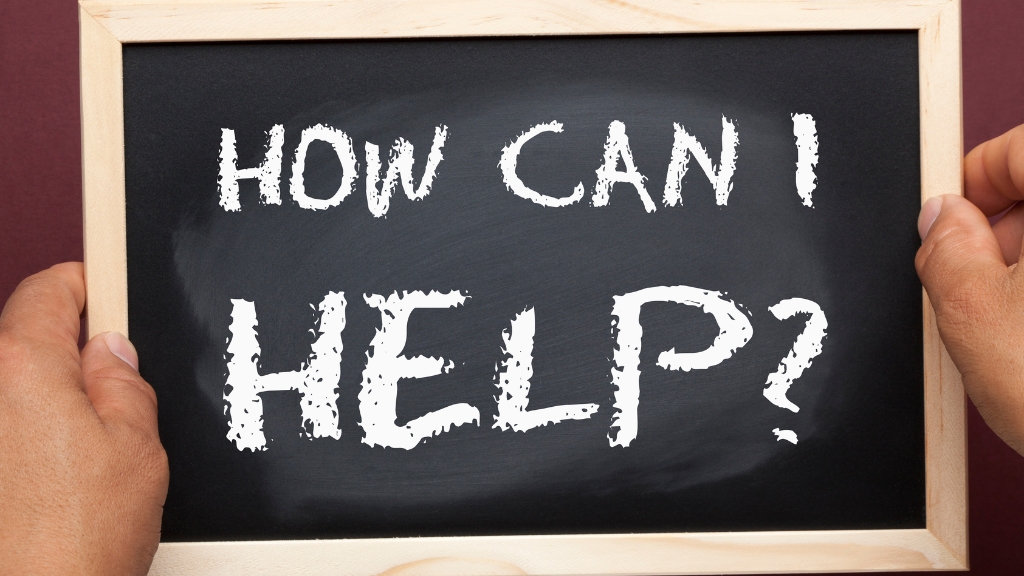
Understanding the Counseling Process: What to Expect
Entering counseling can be a transformative experience, offering individuals a safe and supportive space to work through challenges, gain clarity, and enhance well-being. Yet, if you’re new to counseling, feeling unsure about the process is normal. Understanding the typical stages of counseling can help ease those uncertainties and prepare you to engage in the experience fully. Here’s what you can expect in each phase of the counseling journey.
The Initial Session: Setting the Foundation
The initial session, also called an “intake session,” focuses on establishing a connection between you and your counselor. Here, you’ll share an overview of your background, reasons for seeking counseling, and any concerns you wish to address. This is also a time for your counselor to ask questions to better understand your needs and discuss the basics of confidentiality and consent.
- What to Expect: Open dialogue about your goals and challenges, as well as answering questions about your history, relationships, and mental health. The counselor will explain the process, and you’ll both discuss expectations.
Building Trust and Creating a Safe Space
One of the primary goals of counseling is to create a non-judgmental, confidential environment where you feel comfortable discussing your thoughts and feelings. Over time, trust between you and your counselor will deepen, allowing for open conversations about personal issues, beliefs, and experiences.
- What to Expect: A supportive space where you can speak freely, knowing your counselor is there to listen without judgment.
Goal Setting and Treatment Planning
You and your counselor will establish clear, realistic goals based on what you hope to achieve. These goals can vary widely, from improving self-esteem and managing stress to coping with trauma or developing healthier relationships. A treatment plan helps structure your sessions and serves as a roadmap for your progress.
- What to Expect: Collaborative goal-setting with your counselor and a tailored plan that outlines the techniques and strategies to be used during sessions.
Engagement and Active Participation
Counseling is most effective when you actively engage in the process. Some counselors may assign “homework” like journaling, mindfulness exercises, or thought-monitoring tasks to help reinforce the work done during sessions. This “homework” encourages applying new skills and insights outside of therapy.
- What to Expect: Homework or exercises to practice between sessions can help you progress and deepen your understanding of issues.
Developing Coping Skills and Strategies
One of the primary goals of counseling is learning effective ways to manage stress, anxiety, or other issues. Your counselor may introduce various techniques, such as cognitive restructuring, mindfulness, or relaxation exercises, that you can apply to better manage your emotions and improve your quality of life.
- What to Expect: Learning specific coping strategies to manage difficult emotions, reduce stress, and build resilience.
Self-discovery and Increased Self-Awareness
Counseling often encourages you to reflect on your behavior, beliefs, and emotional responses, leading to increased self-awareness. As you progress, you may gain deeper insights into your patterns, strengths, and areas for growth. This self-discovery often paves the way for more meaningful change and personal development.
- What to Expect: Reflective discussions that help you understand yourself better and recognize patterns in your behavior and thoughts.
Evaluating Progress and Making Adjustments
Counseling is a dynamic process, and your goals or needs may change as you evolve. Periodically, you and your counselor will assess your progress, celebrate achievements, and, if needed, adjust your treatment plan. This ensures that the process remains relevant and responsive to your current circumstances.
- What to Expect: Regular check-ins on your progress and flexibility to adapt the approach if needed.
Preparing for Closure and Transitioning Forward
When your goals have been met, or you feel ready to move forward independently, you and your counselor will work together to prepare for the end of therapy. This often involves discussing ways to maintain the progress you’ve made and planning how to address future challenges on your own.
- What to Expect: Transition strategies, ongoing resources, and encouragement to support you after counseling concludes.
FAQs
Q: How long does the counseling process typically take?
A: The duration varies depending on individual goals and needs. Some people may benefit from a few sessions, while others may seek longer-term counseling. Your counselor will work with you to determine a timeline that fits your journey.
Q: Is counseling confidential?
A: Yes, counselors are bound by confidentiality, meaning what you share remains private, except in some instances where there’s a risk of harm to yourself or others. Your counselor will clarify these limits during your first session.
Q: Can I switch counselors if it’s not a good fit?
A: Absolutely. It’s important to find a counselor you connect with, and it’s okay to try a few until you feel comfortable.
Q: Do I need a specific reason to start counseling?
A: Not at all. Many people seek counseling to improve themselves, develop coping strategies, or better understand themselves. No issue is “too small” for counseling if it feels meaningful.
Leave a Reply
- AI in Diagnostics: Revolutionizing Early Detection and Accuracy
- How AI and Advanced Analytics Are Transforming Healthcare Outcomes
- Investing with Confidence: The Role of ROI Calculators
- How ROI Calculators Drive Data-Driven Business Strategies
- The Ultimate Guide to ROI Calculators for Business Success
- Making Sense of ROI Calculators: A Comprehensive Guide
- June 2025 (1)
- May 2025 (1)
- October 2024 (2)
- September 2024 (31)
- August 2024 (31)
- July 2024 (27)
- June 2024 (28)
- May 2024 (30)
- April 2024 (33)
- March 2024 (23)
- February 2024 (29)
- January 2024 (3)
- December 2023 (47)
- November 2023 (36)
- October 2023 (23)
- September 2023 (2)
- June 2023 (2)
- May 2023 (13)
- April 2023 (1)




